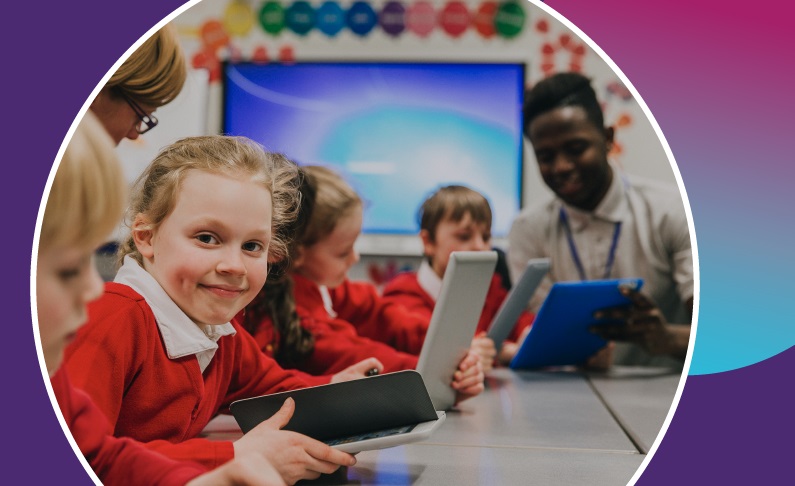Children aged 5 to 11 can access tutoring in core subjects:
- English
- maths
- science
In addition, tutoring can help to prepare pupils for the transition between key stages and from primary to secondary school.
What’s involved
Schools decide which pupils would benefit the most from tutoring.
Your child’s school will confirm:
- if your child is eligible for free tutoring and, if so, in what subject
- how often the sessions will be and for how long
- whether the sessions will take place in person or online
- if the tutoring will be in a small group or one-to-one
Tutoring could be delivered by an existing member of school staff or a tutor may be sourced externally. All tutors complete mandatory training and safeguarding checks before starting the role.

Contact your child’s school to find out if they’re offering free tutoring and whether your child is eligible.
Special educational needs and disabilities (SEND)
Pupils with SEND may benefit from a boost to their progress in other academic areas, such as:
- learning capabilities
- sensory development
- communication
Schools can use tutoring to support the academic progress of pupils with SEND, for example, speech and language therapy.
My tutor has really helped me with my reading. He has inspired me to read a lot more and I now know how to answer those tricky questions about what I read. I couldn’t before – now I can!
Pupil, St Patrick’s Catholic Primary School in Doncaster
Read about how pupils from St Peter’s C of E Primary School in Farnworth are benefitting from tutoring.
